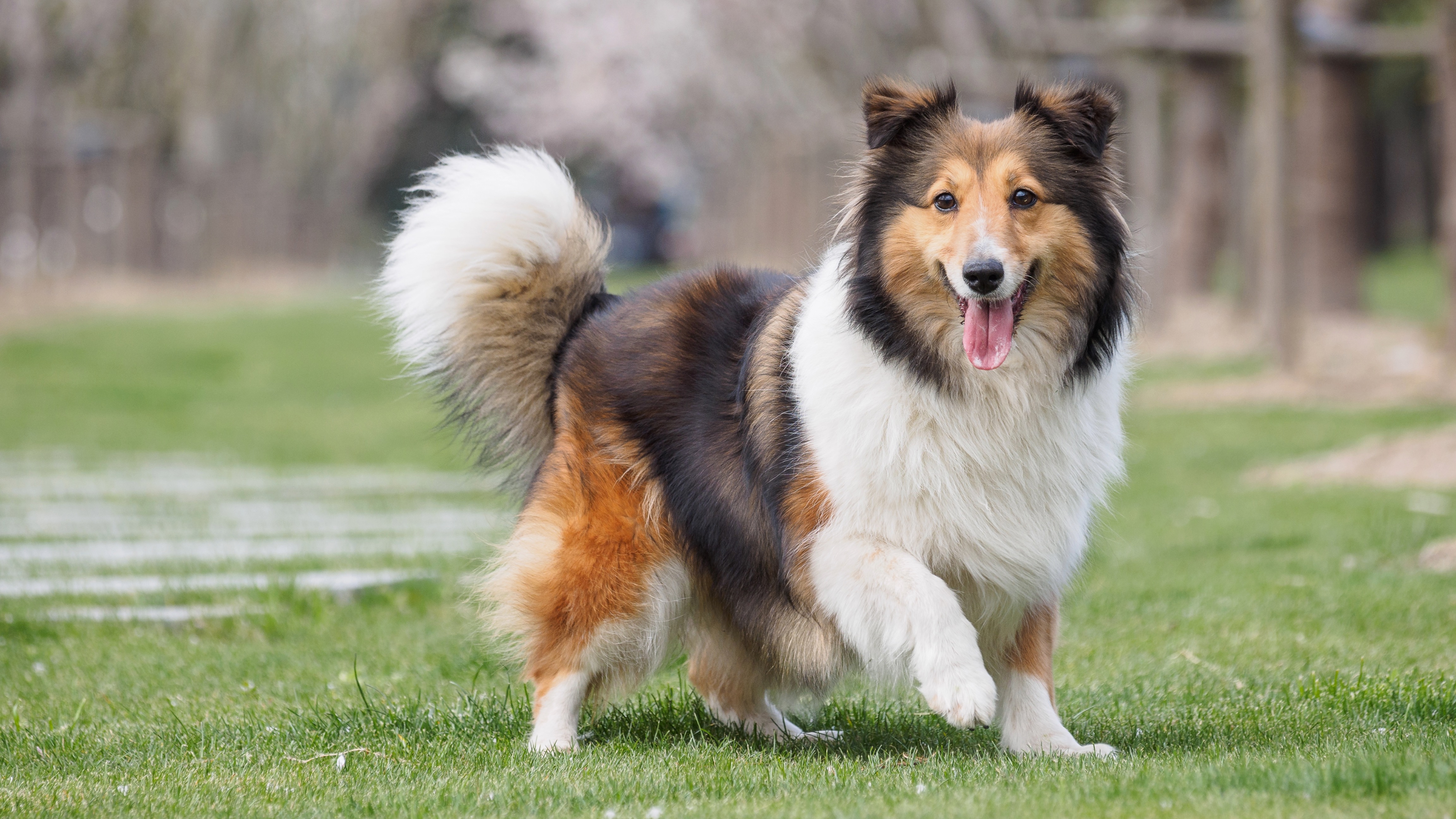
When you welcome a new pup into your family, it's easy to fall into the trap of thinking that your days are going to filled with cuddles on the couch and long, leisurely walks.
And while this can certainly be the case some of the time, often we underestimate just how many challenges we're likely to face when it comes to training our canine companions.
Yes, arming yourself with the best dog treats can certainly help your dog make progress when it comes to mastering new skills and behaviors, but some areas (like recall training) aren't quite so straightforward.
In fact, for many dog owners, recall is one of the most frustrating skills to train because while there could be lots of reasons why your dog's recall isn't reliable, what you're typically up against are a lot of distractions in your dog's environment that are far more interesting to them than you are.
Thankfully, there are ways to get around this and expert trainer Amelia Steele shared in a recent Instagram post that building a rock solid recall starts with avoiding these three common mistakes...
1. Your rewards aren't fun enough: While food is absolutely fine and you can certainly take a high value treat with you, Steele says it's important to mix things up if you want to motivate your dog. "When you think about going head to head with a piece of chicken and other dogs playing or distractions or smells, which would your dog rather choose?"
Instead of always doing the same thing, vary your rewards and make them fun. Steele says this involves scattering the treats, making a game out of them or even bringing a toy out or something else that your dog loves.
2. You haven't taught your dog how to listen around distractions: "Your dog might be able to recall in a quiet field but if they struggle as soon as there are other distractions around this isn't a recall training issue, this is a general listening issue," Steele explains. It's important to teach your dog how to exist around distractions and be able to listen in general before you can expect them to listen to your recall cue.
3. You're overusing your recall cue: Steele says she sees so many people who are constantly calling their dogs when their dogs are doing fun and exciting things and this poses a problem. "All your dog is going to learn is that recall cue means coming away from the fun things. Instead, try something like a 'this way', you're letting your dog know that you're moving on and they can catch up to you. That way you can save your recall cue for when you really, really need it."
There's no denying that a solid recall is one of the most challenging skills to teach, but with time, patience and consistency, your pup can make huge positive strides in this area.
If you feel you and your pup would benefit from some extra support when it comes to recall training, we highly recommend reaching out to an expert for help.
Before you do that, be sure to check out our guide to how to spot dog trainer red flags to ensure you're working with a qualified professional who uses positive training methods.







